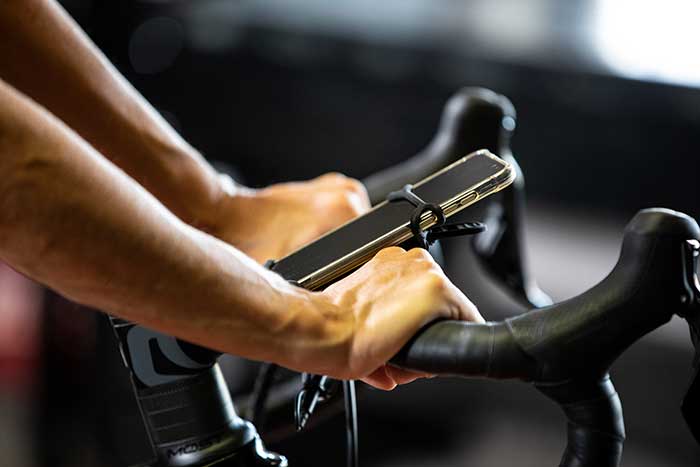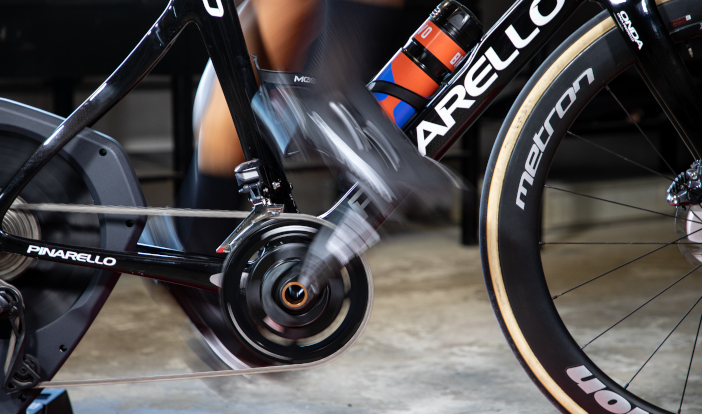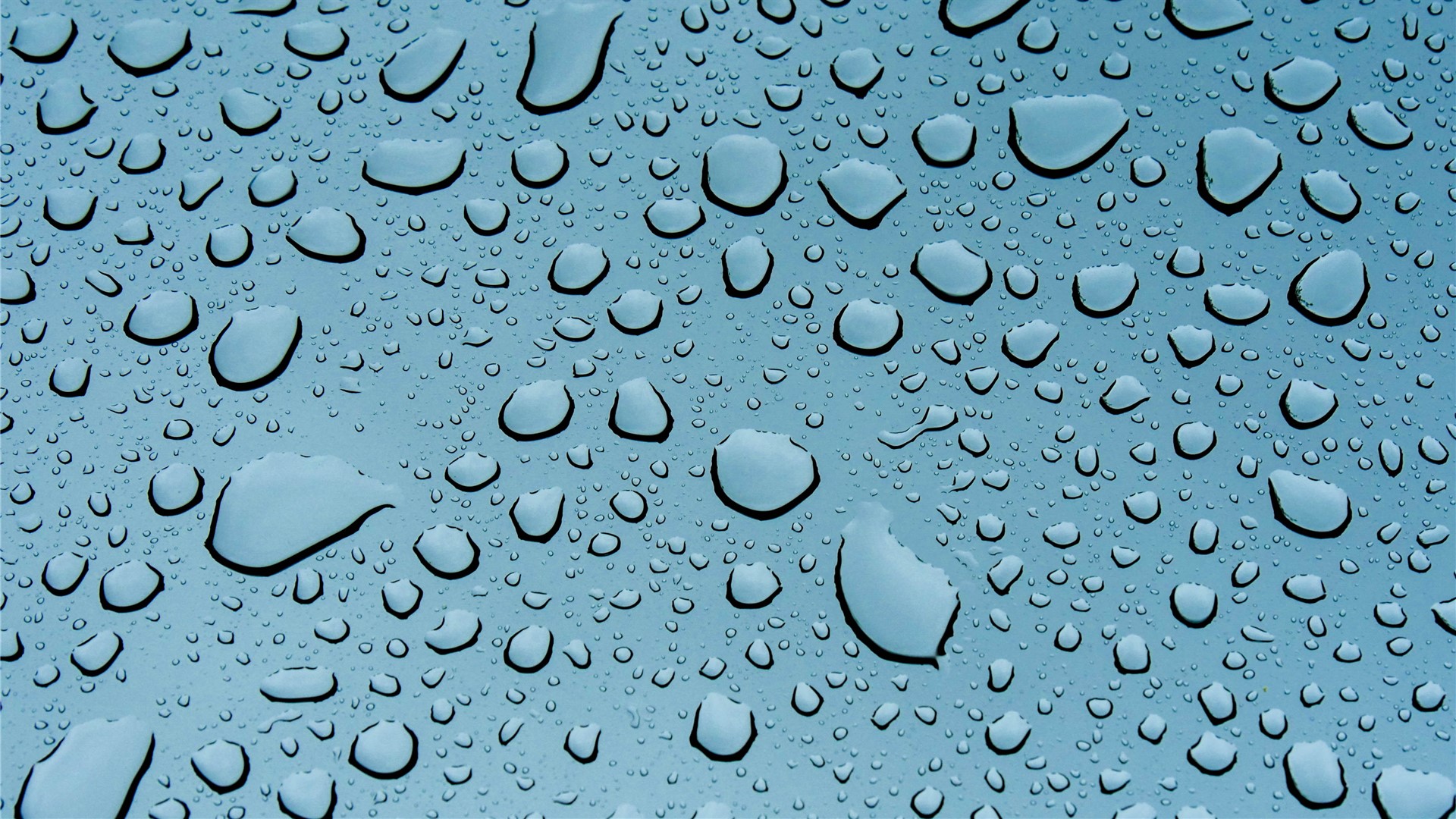The importance of water balance in endurance and performance sports
Water balance
Water balance is fundamental for any living organism and becomes even more important when we talk about endurance sport and about performance. With the expression “daily water balance” we mean the ratio liquid volume introduced through food and drinks and the volume of liquid lost through sweat, breath and the elimination of urine and feces. Let’s try to give some figures. The body’s water weight in men makes up about 60-62% of their total weight and 56-58% in women. It’s the main component of the so called “lean mass”. Under normal circumstances the water percentage of the “lean mass” can vary between 67.4% and 77.5% depending on age and nutrition state. In pathological conditions these values can go below or above the referral range, indicating as such dehydration or over-hydration.
How to avoid dehydration
It’s not easy for an athlete to effectively monitor their daily water balance, but there are some small signs that can help. It’s a good habit to weigh yourself before and after a training session and to verify the change in weight. The weight should not have changed more than 2% with respect to the weight before the training session. This means, for example, that an athlete of 75 kg should not have a variation in weight of more than 1.5 kg. More than this negatively impacts the perception of effort and the workings of various processes at a cardiocirculatory level causing an increase in heart rate, slowing down of gastric emptying, depletion of glycogen stores in the muscles and as such the inevitable drop in performance.
It’s hard to believe, but also too much water can be dangerous
A faulty water balance can also be caused by excessive hydration. In medical terms this is called “hyponatremia” and poses a serious health risk. This condition happens when the level of sodium in the blood drops below normal levels. Usually hyponatremia following physical activity is caused by taking in hypotonic drinks or drinks with very low levels of sodium. Many cases of hyponatremia during physical activity happen during races or long training sessions. These kinds of situations happen quite often when sport is practiced in a hot and humid environment. Surely, pictures come to mind of running races and marathons. To prevent this, you should avoid practicing sport during the hottest hours and be careful to not cover yourself too much as well as rehydrate with drinks with the correct sodium and electrolyte ratio.

Editorial Board
You might also be interested in



